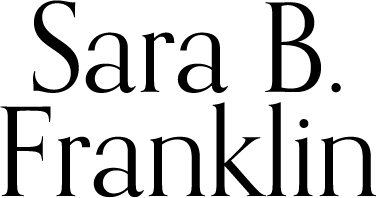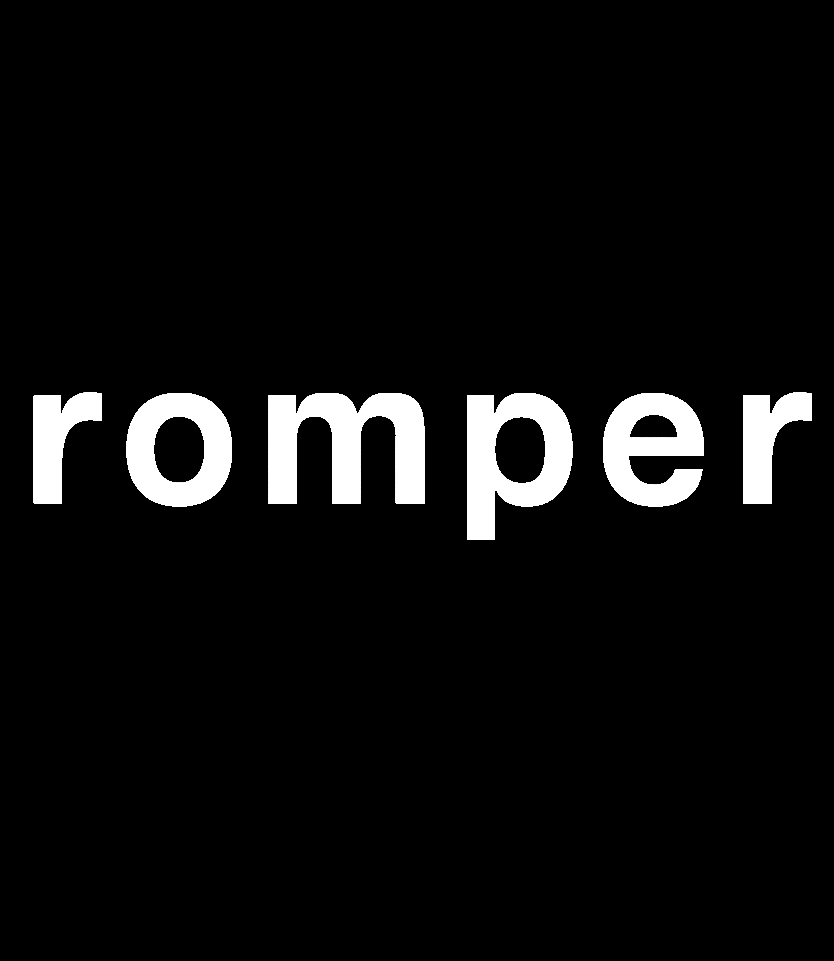Sara B. Franklin
© Katrín Björk
Writer. Teacher. Oral Historian. Storyteller.
Sara B. Franklin is a writer and professor at New York University's Gallatin School for Individualized Study, where she teaches courses on food, oral history, embodied culture, and non-fiction writing. She has written for publications including The New York Times, The Washington Post, Literary Hub, The Nation, and Travel & Leisure. Her work has been supported by the National Endowment for the Humanities. She lives with her twin children in Kingston, NY.
The Editor: How Publishing Legend Judith Jones Shaped Culture in America
ATRIA BOOKS
NATIONAL BESTSELLER
☆ A Best Book of Year by The Economist
☆ A Best Book of the Year by Shelf Awareness
☆ Best Food History Book of the Year by KCRW/Omnivore Books
Legendary editor Judith Jones, the woman behind some of the most important authors of the 20th century—including Julia Child, Anne Frank, Edna Lewis, John Updike, and Sylvia Plath—finally gets her due in this intimate biography.
When twenty-five-year-old Judith Jones began working as a secretary at Doubleday’s Paris office in 1949, she was wading through manuscripts in the slush pile when one caught her eye. She read the book in one sitting, then begged her boss to consider publishing it. A year later, Anne Frank: The Diary of a Young Girl became a bestseller. It was the start of a culture-defining career in publishing.
Over more than half a century as an editor at Knopf, Jones became a legend, nurturing future literary icons such as Sylvia Plath, Anne Tyler, and John Updike. At the forefront of the cookbook revolution, she also published the who’s who of food writing: Edna Lewis, M.F.K. Fisher, Claudia Roden, Madhur Jaffrey, James Beard, and, most famously, Julia Child. Jones celebrated the art and pleasures of cooking and culinary diversity, forever changing the way Americans think about food.
Her work spanned the decades of America’s most dramatic cultural change. From the end of World War II through the Cold War; from the civil rights movement to the fight for women’s equality, Jones’s work questioned convention, using books as a tool of quiet resistance.
Now, her astonishing career is explored for the first time. Based on exclusive interviews, never-before-seen personal papers, and years of research, The Editor tells the riveting behind-the scenes narrative of how stories are made, finally bringing to light the audacious life of one of our most influential tastemakers.
Highlights














